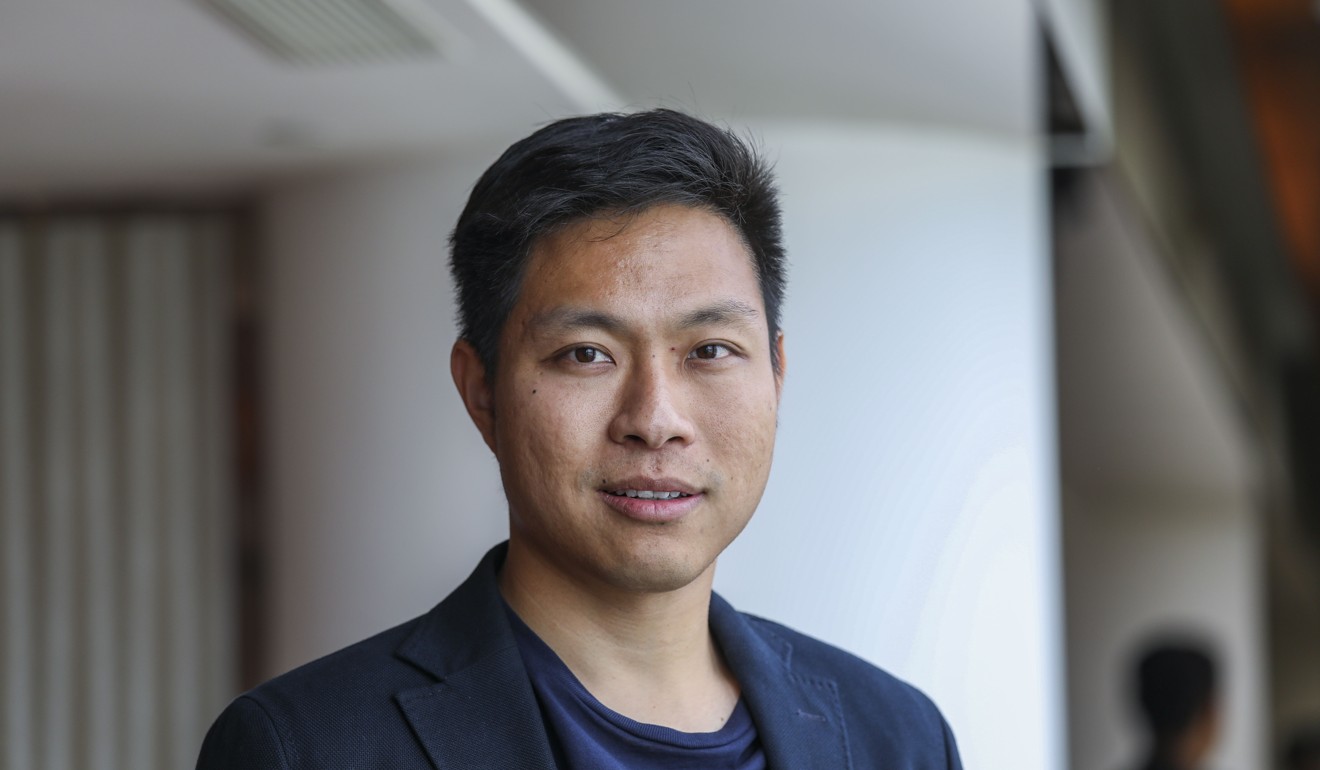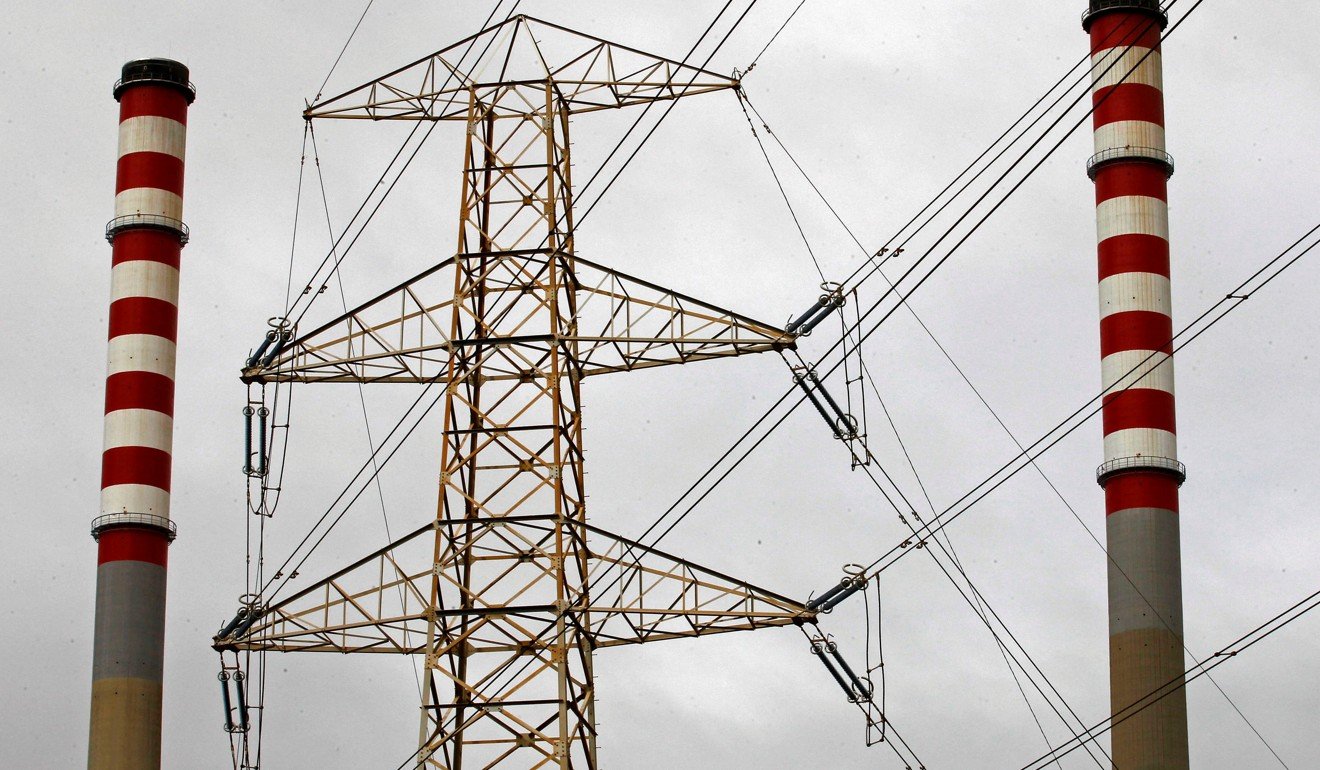
Hong Kong is an ideal candidate for homes and businesses to sell renewable power to the grid, says energy trading start-up Electrify
Electricity consumers can have the freedom to choose how the unused power in their homes and factories should be resold if regulators liberalise markets and approve a new blockchain based trading platform, according to the Singapore founders of solutions provider Electrify.
Julius Tan Chie-how, 29, co-founder and chief executive of the one-year-old start-up, the city state’s first digital peer-to-peer marketplace for retail electricity trading, is in talks to enter the mainland market and will explore potential opportunities in Hong Kong.
“We are definitely open to exploring the Hong Kong and China market … the southern China market is partially deregulated, so there is an opportunity for us,” Tan said.
The company has been in early discussions with mainland industrial estate developers on providing them with Electrify’s P2P trading platform, he said.
Tan is the former senior manager of Sunseap Energy - Singapore’s largest solar energy solutions provider.

Electrify is not the only company seeking to profit from opportunities to facilitate liberalisation of the mainland’s energy market, where state-owned distribution monopolies are in the process of being gradually dismantled, allowing participation by private sector companies.
Natural gas distributors ENN Energy Holdings and China Resources Gas Group have been working with mainland industrial estates to help build self-sufficient energy supply systems so that they do not have to rely on local power grids.
Digital technology allow greater transparency and predictability of demand and supply, enabling energy to be traded to various counterparties.
As the installation of rooftop solar panels gain popularity in the mainland, factories and even some households become both power consumers and generators.
The so-called distributed energy systems in industrial estates typically supply electricity by generating energy locally with cleaner-burning natural gas.
This is often supplemented by rooftop solar and wind power to reduce harmful emissions, as electricity shortfalls would be made up by power from coal-fired plants.
By eliminating the need to send power over long distances and recycling energy from the power generation process, such systems are more efficient due to their higher overall energy utilisation rates.
Since it launched a year ago in Singapore, Electrify has recorded around 60 giga-watt-hour of trades worth some S$10 million (US$7.33 million) - accounting for 0.13 per cent of the market, Tan said.
Most of the city’s seven power generators, the sole grid operator and around 30 retailers in the city state have joined its trading platform, which residential users can join in the year’s fourth quarter when the city’s power market become fully liberalised.

Electrify is in discussions to expand into Japan and Australia, where the electricity markets have been fully liberalised. End users in these countries will be able choose from an array of traders to buy and sell power, if the trading platform receives approval.
To enhance data security blockchain technology - currently under trial - will be adopted into the platform, Tan said.
In Hong Kong, although end users with rooftop solar panels or wind generators will be able to sell their output to the city’s only two electricity suppliers at prices several times higher than current retail prices, peer-to-peer trading is not possible as the market remains regulated.

